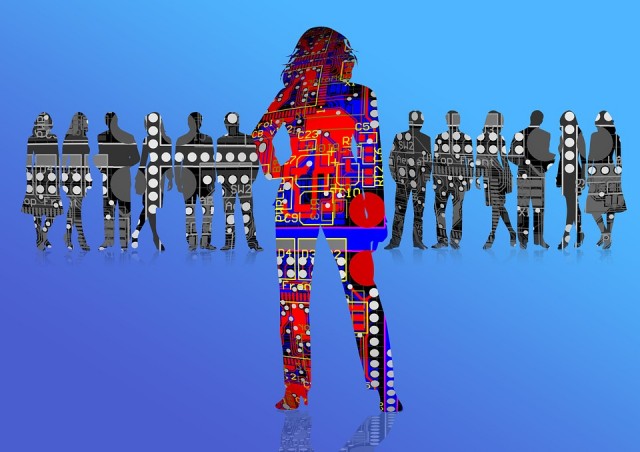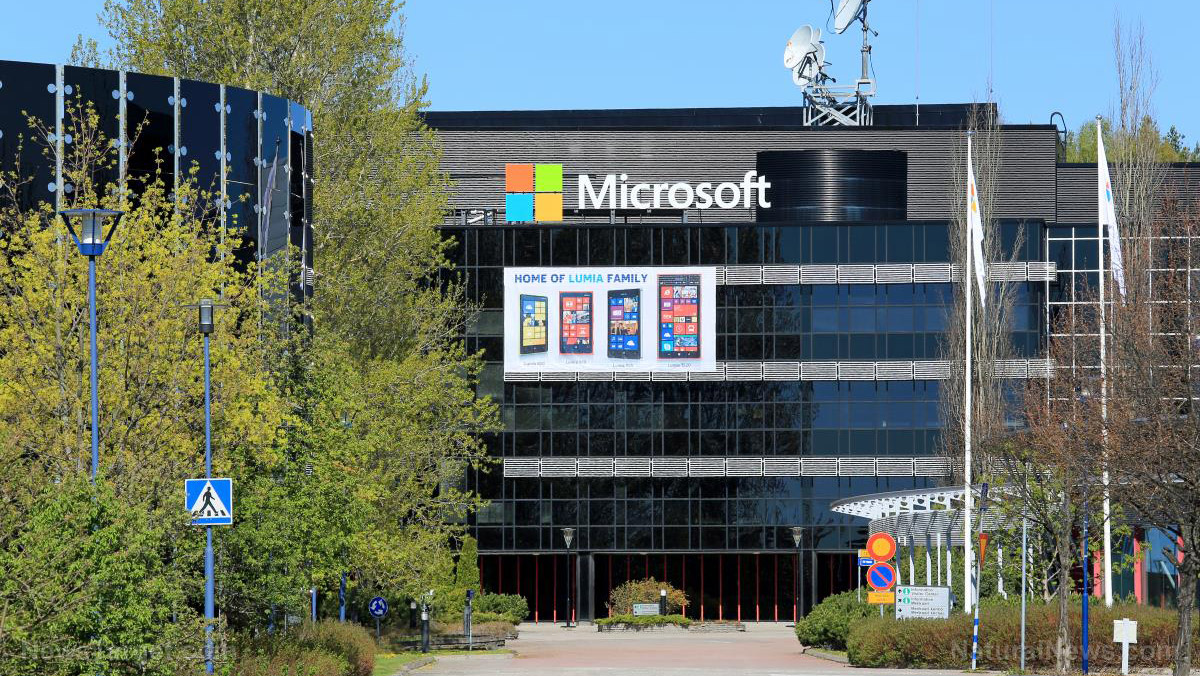British government mulling SOCIAL MEDIA BAN for teenagers 16 and younger
12/21/2023 / By Olivia Cook

The British government under Prime Minister Rishi Sunak is considering a crackdown on social media use for teenagers aged 16 and younger – with a ban said to be one of the options on the table.
Despite bringing new controls with the Online Safety Act (OSA) which received Parliament approval in October, ministers are considering the pros and cons of further actions to limit children’s exposure to social media’s harmful content.
British Science Secretary Michelle Donelan said the legislation meant the U.K. would become “the safest place to be online in the world.” She added that the OSA’s passage “will go down as an historic moment that ensures the online safety of British society not only now, but for decades to come.”
The British government is reportedly ready to begin a consultation in January of next year to look at the evidence of social media harm to young teens. According to Bloomberg, a ban on social media use by those under 16 and improved parental controls are two options under discussion.
“We’re looking at ways to empower parents, rather than crack down on anything in particular,” said a government spokesperson. “We’ve identified that there is a gap in research, so we’ll be looking at what more research into it needs to be done. But nothing is yet signed off by ministers.”
Banning social media use for young teens comes as British School Standards State Minister Damian Hinds urged Mark Zuckerberg’s Meta Platforms to “rethink its decision of bringing in encrypted messaging amid fears for the safety of children.”
“It’s not about protecting people’s privacy,” he told Times Radio. “This is really a question about ability to intercept and to ultimately investigate [then] bring to justice people who are engaging in child abuse.” (Related: Social media is the JUNK FOOD of human connection: Looks and feels like connection, but leaves you empty, just like junk food.)
The National Crime Agency (NCA) had earlier warned that automatic encryption in Facebook and Messenger apps is a great concern in cybercrime scene investigation. Forensic officers and investigators said cybercriminals (including child sexual abusers, human traffickers or pedophiles) often rely on anonymity end-to-end encryption technology to hide their nefarious activity and evade detection by law enforcement.
Fines or prison time await non-compliant Big Tech firms
Below are some notable stipulations of the OSA:
- Social media platforms will be required to prevent and rapidly remove illegal and restricted content – sexually explicit content, images and child sexual abuse or acts of terrorism, through or content that should not be accessed by children, such as bullying, self-harm and the like – by enforcing age limits and using age-checking measures.
- Social media sites will also be required to give adults more control over what they see online, offer clear and accessible ways for users to report problems and publish safety risk assessments for transparency about the dangers posed by social media on children.
- Fines of up to £18 million ($22.84 million) or 10 percent of annual global revenue for those who fail to comply – which potentially could translate to billions of pounds for the biggest firms, or prison time for Big Tech bosses in the most extreme cases.
Donelan said: “I am immensely proud of the work that has gone into the OSA from its very inception to it becoming law today. The bill protects free speech, empowers adults and will ensure that platforms remove illegal content. At the heart of this bill, however, is the protection of children.”
“This landmark law sends a clear message to criminals – whether it’s on our streets, behind closed doors or in far-flung corners of the internet, there will be no hiding place for their vile crimes,” said Home Department Secretary Suella Braverman.
While Downing Street confirmed that the majority of the OSA’s provisions would commence in two months, it said that the Office of Communications (Ofcom) would immediately begin work on tackling illegal content with a consultation process.
“We’ve already trained and hired expert teams with experience across the online sector, and today we’re setting out a clear timeline for holding tech firms to account,” said Ofcom head Melanie Dawes.
Head over to Glitch.news for more similar stories.
Watch the following video about social media.
This video is from the BodyMindSoul channel on Brighteon.com.
More related stories:
Social media use linked to TEENAGE DEPRESSION, warn mental health experts.
Ads for AI GIRLFRIENDS flooding social media platforms.
Sources include:
Submit a correction >>
Tagged Under:
banned, big government, Big Tech, British Government, child safety, computing, cyber war, encryption, Glitch, information technology, Meta Platforms, national security, online safety, Online Safety Act, Rishi Sunak, Social media, tech giants, United Kingdom
This article may contain statements that reflect the opinion of the author
RECENT NEWS & ARTICLES
COPYRIGHT © 2017 INFORMATIONTECHNOLOGY.NEWS



















